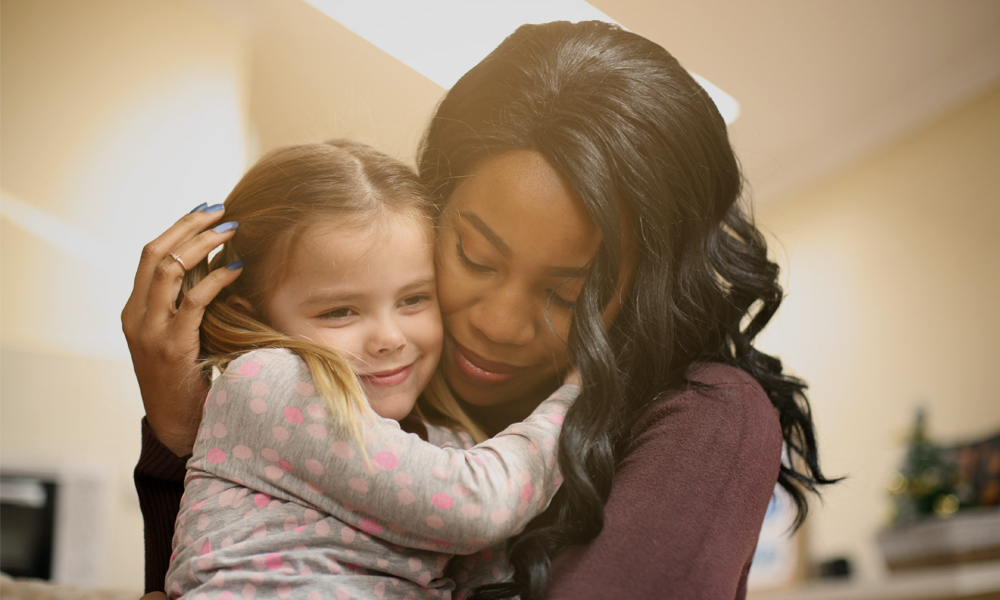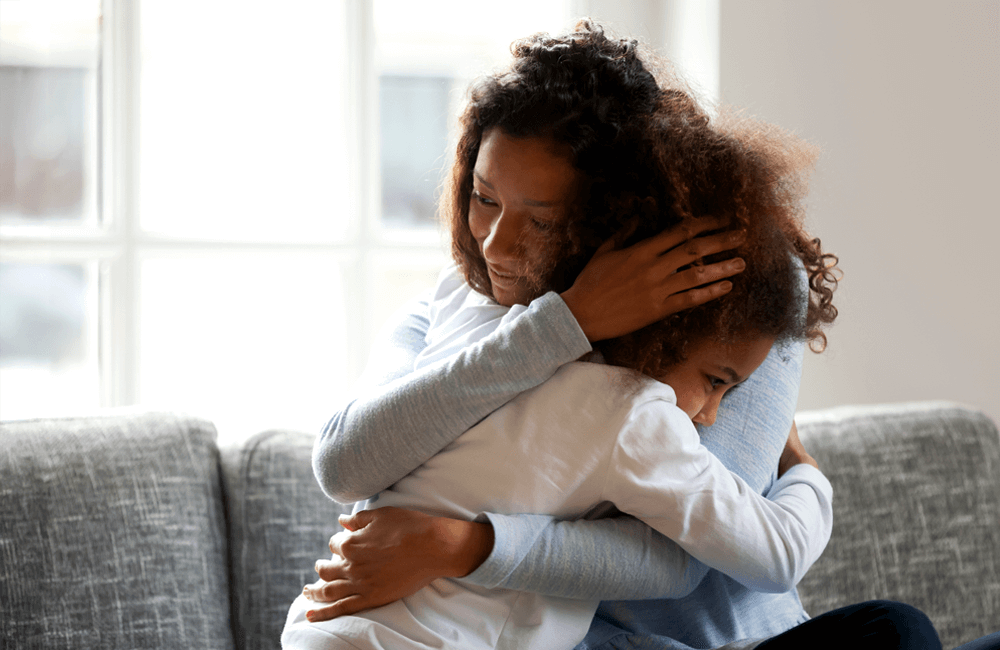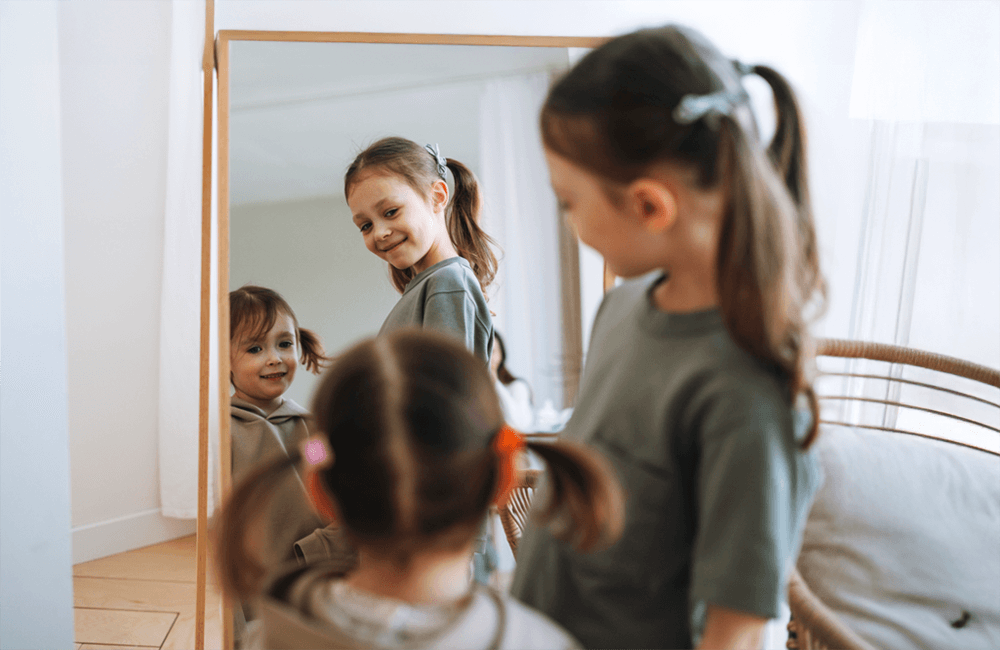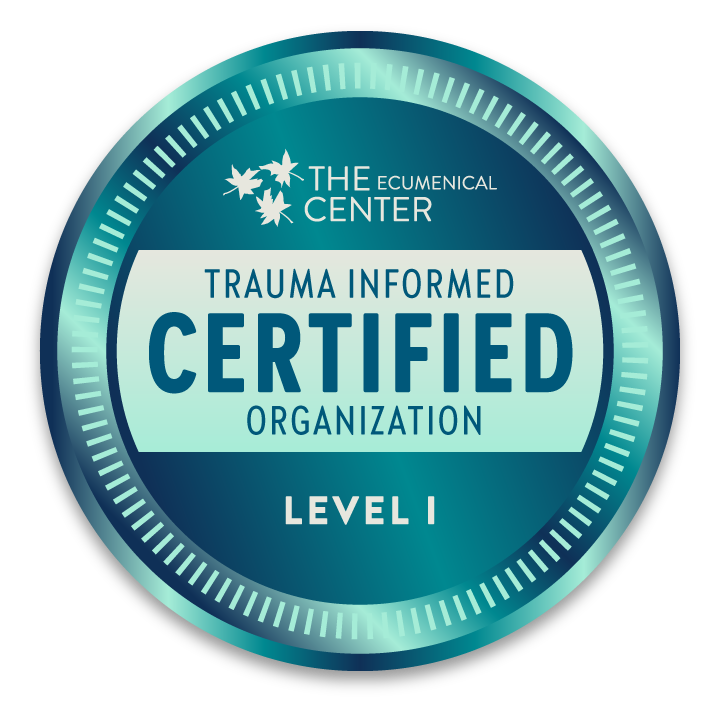Katie, Chosen’s Social Media Director, and her husband are Caucasian parents of a Haitian son and a biological son. The boys are 17 months apart. What follows is my conversation with Katie about simultaneously raising black and white children.
Staci: I know that you adore your family and wouldn’t change a thing about it. What is the best part of having a transracial family?
Katie: The best part is the confidence that our Haitian son is the child that God meant for us. Having him in our family has turned our family tree into an orchard! He shares with us his unique and beautiful culture, and we are blessed by the opportunity to celebrate it along with our own.
Staci: You have mentioned some challenges to me. What is the most difficult part of having a transracial family?
Katie: The fear I have is the most difficult part. It’s overwhelming at times. Today, everyone sees a smiling, delightful, black child. But when he is a teenager, he will face a reality that may not be accepting or fair. I’m fearful that I won’t be able to protect him from the things that he is going to experience as a black man in a prejudiced world.
Staci: I know that strangers have said some hurtful things to you, but I do think that most people are simply curious. What are respectful questions that people could ask?
Katie: Yes, people have said some insensitive things. The worst incident was when a stranger asked me if my Haitian son’s mother was a drug addict. It was overwhelmingly hurtful. My fondest wish is that strangers noticing my family would simply say, “You have a beautiful family.” If someone is genuinely curious about transracial adoption, I’d like them to ask questions without assumption. I love to talk about adoption, but I want questions to come at me with no judgment. The reality is that people outside of my family don’t know the story and, most importantly, it’s my son’s story. I would ask that strangers not make assumptions about the conditions that led to his adoption, nor assume that his first parents were bad people. Doing so is inappropriate.
Staci: Are you raising your sons differently?
Katie: Yes, we have to. The reality is that our black son will have to face a world that is pre-disposed to view and judge him. I have to prepare him to interact with that reality of racist assumptions. As a Caucasian man, my youngest son will not face the same hurdles.
Staci: What do you wish people knew about transracial families?
Katie: We are the same as any other family. I am not some sort of savior, nor am I trying to make a point by having a black son. God brought both of our children into our lives, and their differences make them beautiful. Our love for them is the same.
Staci: What would you say to people who are on the fence about adoption?
Katie: Pray and be open to what God’s will is for your family. Talk to other adoptive families. Learn and absorb from their experiences. The greatest blessings in my life as a daughter and as a mother involve adoption.
Staci: Many potential adoptive parents worry about interacting with birth families. What are your thoughts on that?
Katie: In the beginning, we had our concerns about open adoption, but we quickly realized what a blessing it could be. My son’s first family is family to us. It is our greatest wish that we could all be a team in raising him. I welcome his biological family and there could be nothing better in his life than to know them.
Staci: What has been the most helpful tool in being a white mother who is raising a black son?
Katie: We have very good African American friends who have been helpful in answering questions and in providing perspective and insight. I have also read several books about transracial adoption and raising children of color that have been helpful.

